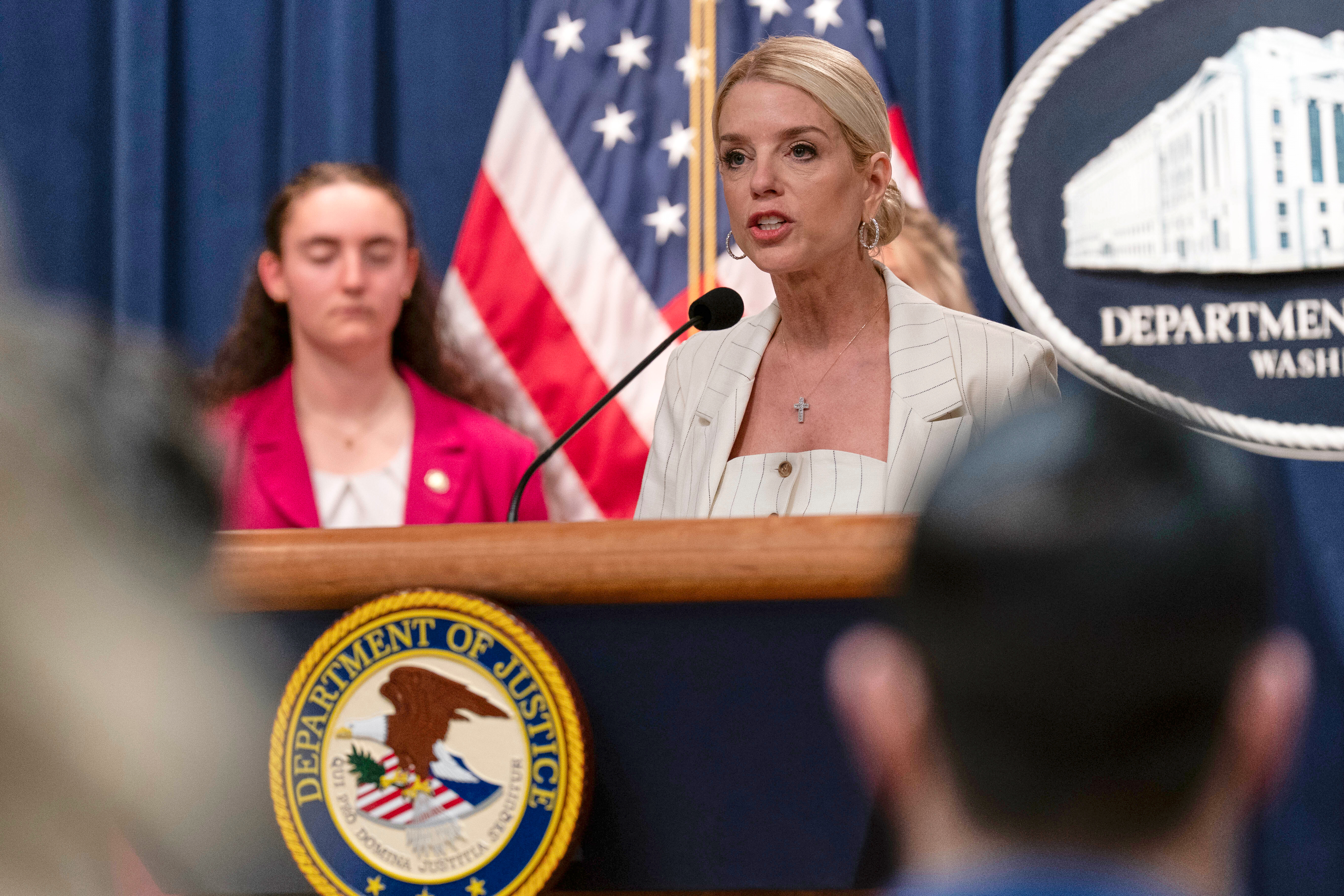A Harvard dream researcher found intense dreams associated with anxiety and other negative emotions have increased since the start of the pandemic. No surprise, right? But when do dreams or how little we are sleeping become a mental health problem?
"If we have poor sleep quality and we effectively only get four or five hours of sleep on a given night, we're going to know that we feel we feel poorly," Dr. Susheel Patil, clinical director of Johns Hopkins Sleep Medicine Program, said.
"Dreams are a way that our brain processes our experiences, our thoughts and our emotions in a way that removes ourselves from them emotionally. And it's almost like a form of storytelling," Sana Powell, LPC at The Curly Therapist, said.
"Nightmares and even night terrors are relatively common in younger kids, sort of preschool- and early elementary-age kids. They become a little bit less common as kids get older. So if we're talking about a middle school or high schooler, then you want to attend to that," said Dr. Parker Huston, pediatric psychologist at Nationwide Children's Hospital and clinical director of On Our Sleeves.
Experts say whether it's back into the office after working from the home, or feeling out a family or friendly gathering, communicate your boundaries in a simple way.
We all need sleep, and missing out on it can be truly upsetting. But experts say there’s a difference between acute insomnia, which lasts from one night to a few weeks…
And something chronic, lasting much longer.
"If you're noticing that there's a period of poor-quality sleep that's starting to go for more on the order of several months, then that may be something that rises to the level of being a chronic sleep disorder. And you probably do want to bring it up with your physician and talk about it to kind of see what the possibilities are that might explain it," said Dr. Susheel Patil, clinical director of Johns Hopkins Sleep Medicine Program.
Chronic insomnia is a precursor for depression, so checking with a doctor who knows behavioral sleep medicine could help. And there’s also a chance it could be linked to something else.
"Could there be another sleep disorder such as sleep apnea? Or something else, for that matter? There over 90 different sleep disorders, it turns out," Patil said.
The insight here isn't meant to substitute medical advice. If you're looking for free and low-cost care near you, starting at include findahealthcenter.HRSA.gov or by calling (800) 662-HELP could be a start.










